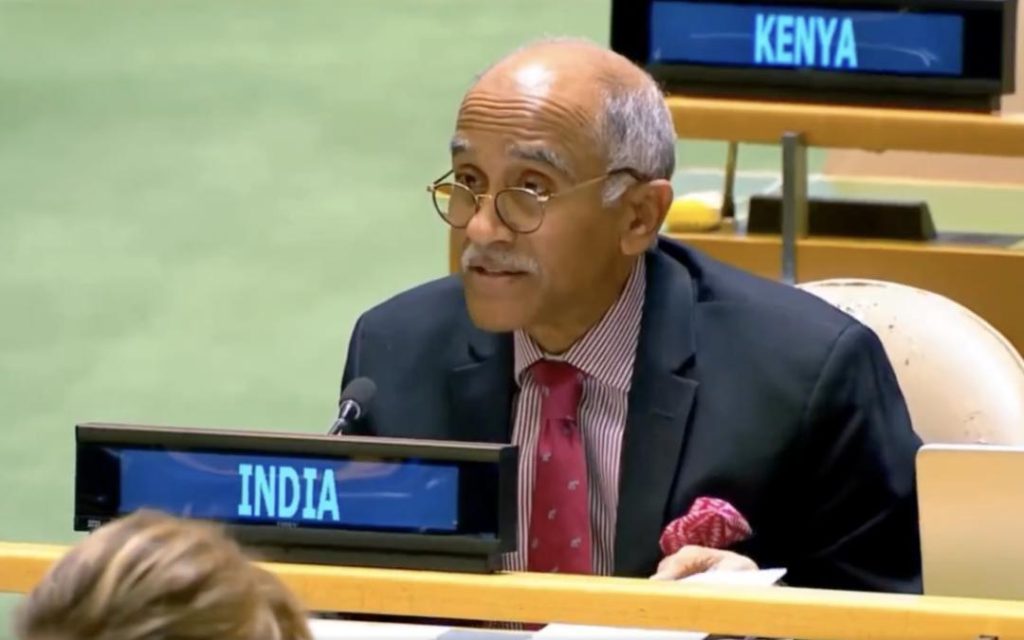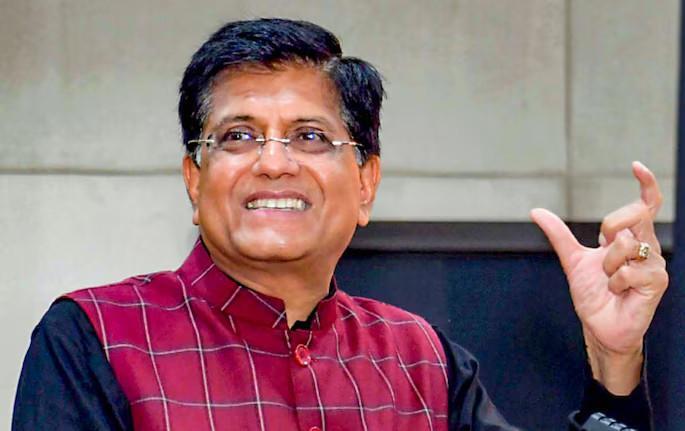
Pak’s Fanatical Mindset is Well Known: India on Pak’s Reference to J&K at UN
The age-old rivalry between India and Pakistan has once again taken center stage at the United Nations General Assembly. India’s Permanent Representative to the UN, Parvathaneni Harish, has come down heavily on Pakistan’s former Foreign Secretary’s statement on Jammu and Kashmir, terming it “unjustified”. India’s criticism comes amidst a backdrop of heightened tensions between the two nations, particularly with regards to the disputed region of Kashmir.
During the General Assembly, Pakistan’s former Foreign Secretary, Shahryar Khan, made a statement on Jammu and Kashmir, which India deemed to be in violation of the country’s sovereignty and territorial integrity. India’s Permanent Representative to the UN, Parvathaneni Harish, was quick to respond, criticising Pakistan’s statement and calling it “unjustified”.
“The fanatical mindset of this nation (Pakistan) is well known,” Harish said, adding that such “frequent references” will not validate Pakistan’s claim or justify its “practice of cross-border terrorism”. The Indian diplomat’s remarks were a clear indication of India’s frustration with Pakistan’s continued interference in the Kashmir issue.
India’s criticism of Pakistan’s statement was also aimed at highlighting the country’s track record of sponsoring terrorism in the region. Pakistan has been accused of providing support to terrorist groups operating in Kashmir, including the Lashkar-e-Taiba and Jaish-e-Mohammed. These groups have been responsible for carrying out numerous attacks on Indian soil, leading to the loss of many innocent lives.
Pakistan’s statement on Jammu and Kashmir was seen as an attempt to internationalize the issue, which India has consistently opposed. India has maintained that the Kashmir issue is a bilateral matter between the two nations and that any resolution must be reached through dialogue and diplomacy. However, Pakistan has continued to push for international intervention, claiming that the people of Kashmir are facing human rights abuses at the hands of the Indian government.
India’s Permanent Representative to the UN, Parvathaneni Harish, also highlighted the fact that Pakistan has failed to fulfill its obligations under the Simla Agreement and the Lahore Declaration, which call for a peaceful resolution of the Kashmir issue through dialogue. India has accused Pakistan of not only failing to implement these agreements but also of using terrorism as an instrument of state policy to achieve its objectives in the region.
Pakistan’s statement on Jammu and Kashmir was also seen as an attempt to divert attention from the country’s own internal issues. Pakistan is currently facing a number of challenges, including a severe economic crisis, a growing terrorist threat, and political instability. The country is also facing criticism from the international community over its human rights record, particularly with regards to the treatment of minority communities.
In conclusion, India’s Permanent Representative to the UN, Parvathaneni Harish, was right to criticize Pakistan’s statement on Jammu and Kashmir. Pakistan’s continued interference in the Kashmir issue is a major source of tension between the two nations and has the potential to destabilize the entire region. India’s criticism of Pakistan’s statement was also aimed at highlighting the country’s track record of sponsoring terrorism in the region and its failure to fulfill its obligations under the Simla Agreement and the Lahore Declaration.
It is time for Pakistan to rethink its stance on Jammu and Kashmir and to focus on addressing its own internal issues. The country must also recognize that its continued interference in the Kashmir issue will only lead to further tensions with India and the region as a whole.
News Source:
https://x.com/IndiaUNNewYork/status/1900591971250385143






